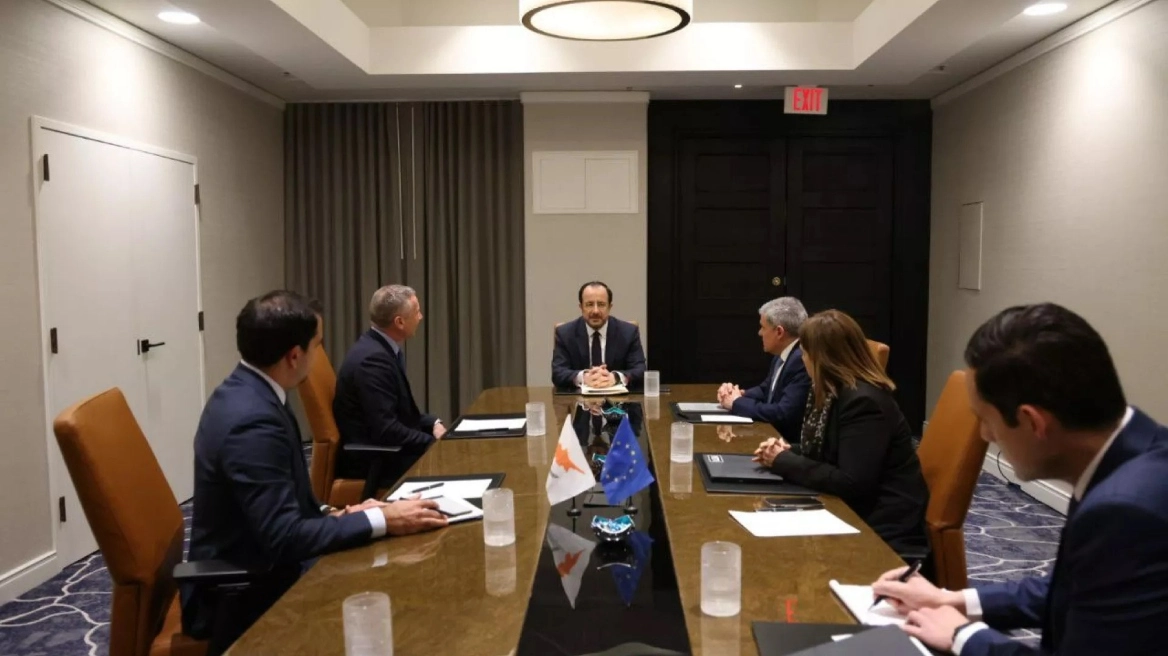Deniss Metsavas was visiting his relatives in Russia in the summer of 2007 when the incident occurred.
While out with his cousin at a nightclub in Smolensk, Metsavas struck up a conversation with an attractive woman he hadn’t met before. They hit it off and spent the night flirting and dancing before retiring to a sauna in the early hours of the morning. Though saunas in much of Russia are bathhouses where men drink vodka and are flagellated with oak leaves, this one was a sex motel. He and the woman slept together there, but feeling awkward about what was inevitably going to be a one-night stand, Metsavas went out to buy her flowers. “I cannot leave her money,” he recounted to me. “She’s not a prostitute.” Metsavas laid the bouquet by the bed, then returned to his relatives’ home to steal a few hours of sleep.
Estonia lies at the frontline of efforts to contain Russian revanchism. Once occupied by the Soviet Union, the country has no intention of losing its independence again and has eagerly joined Western economic and defense alliances. Where others have lately made noises critical of the European Union or NATO, Estonians see these institutions, and their participation in them, as existential necessities—the only thing keeping the Baltic state from being swallowed up again by its giant neighbor. And after Moscow annexed Crimea, that fear is no longer dismissed as paranoia in Brussels and Washington. Yet ties between Russian and Estonian citizens are much more fluid. Metsavas had joined the Estonian army almost a decade earlier, but would regularly come to Russia to visit his mother’s family. Six feet tall, with a round face and close-cropped hair, he was ethnically Russian, spoke both Estonian and Russian fluently, and moved easily in Smolensk. With this particular holiday almost over, he made plans after waking up to head downtown to do some shopping.
Read more HERE
Ask me anything
Explore related questions





